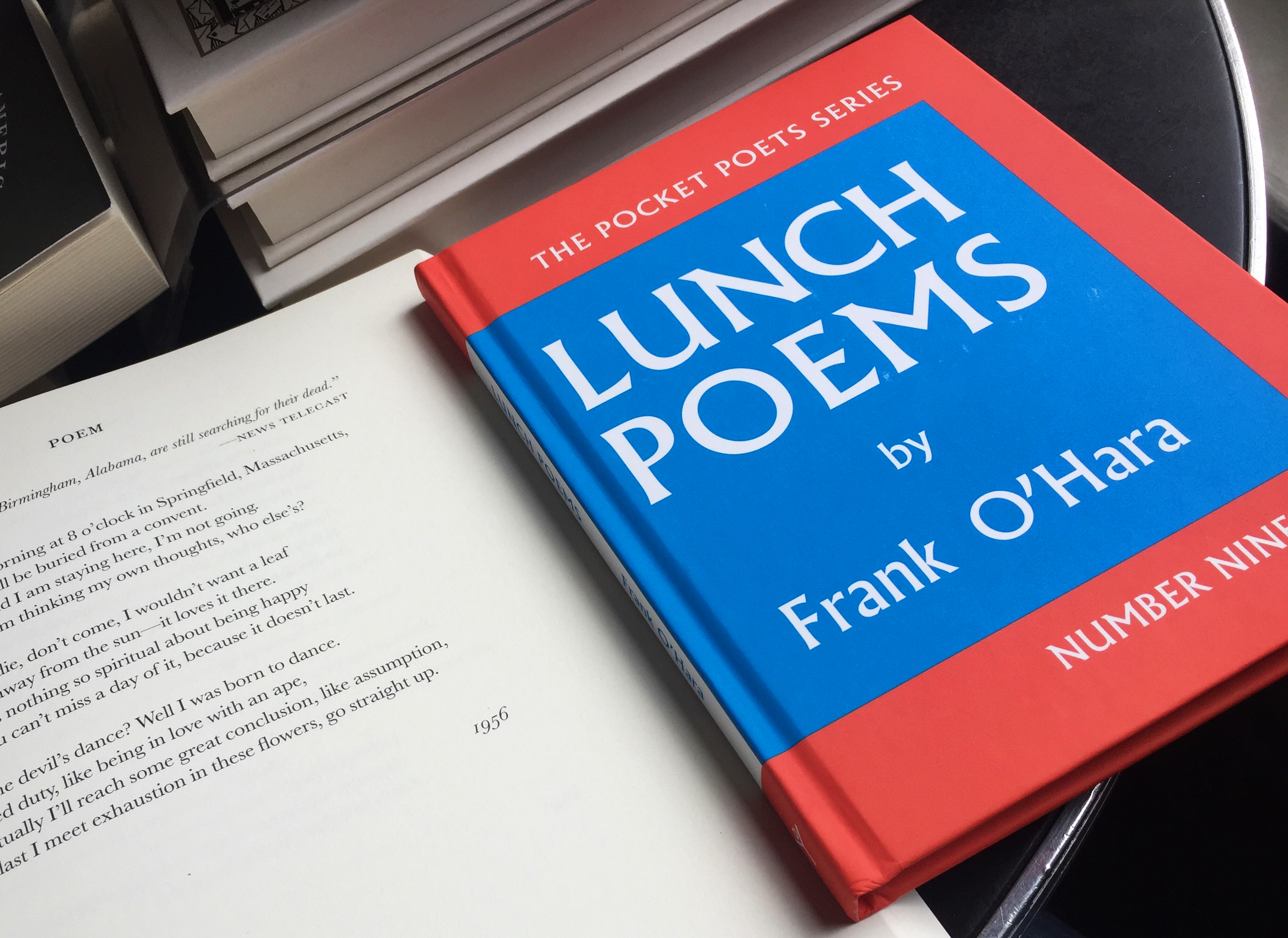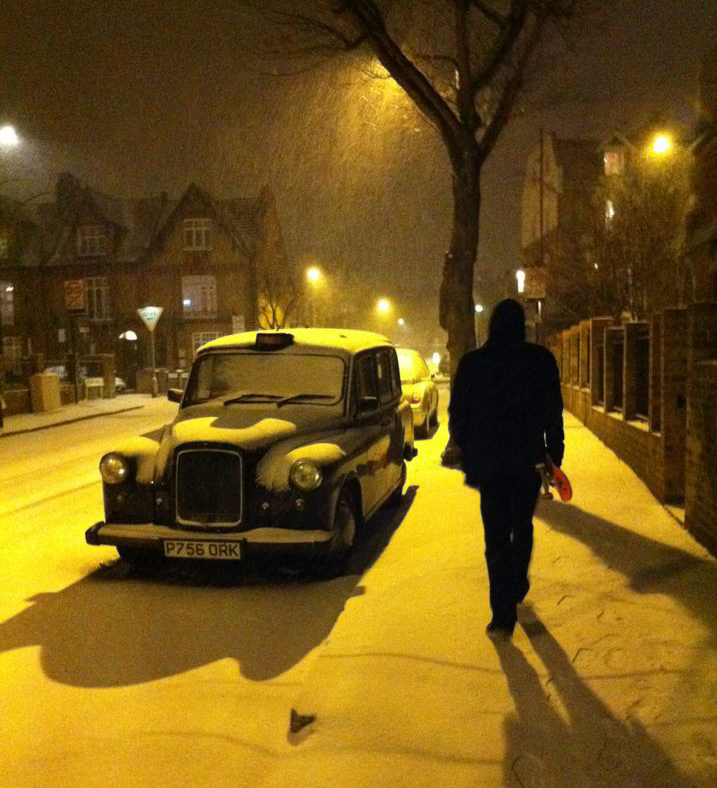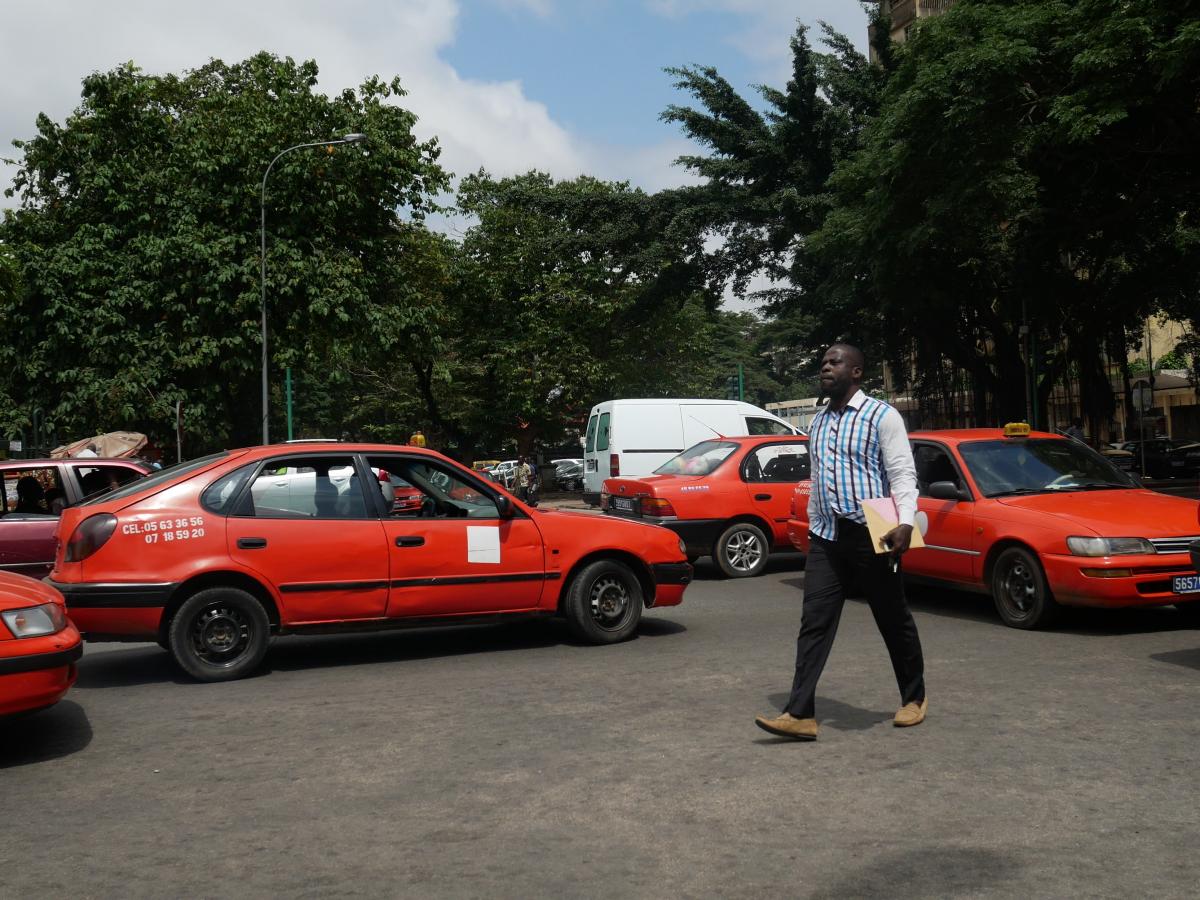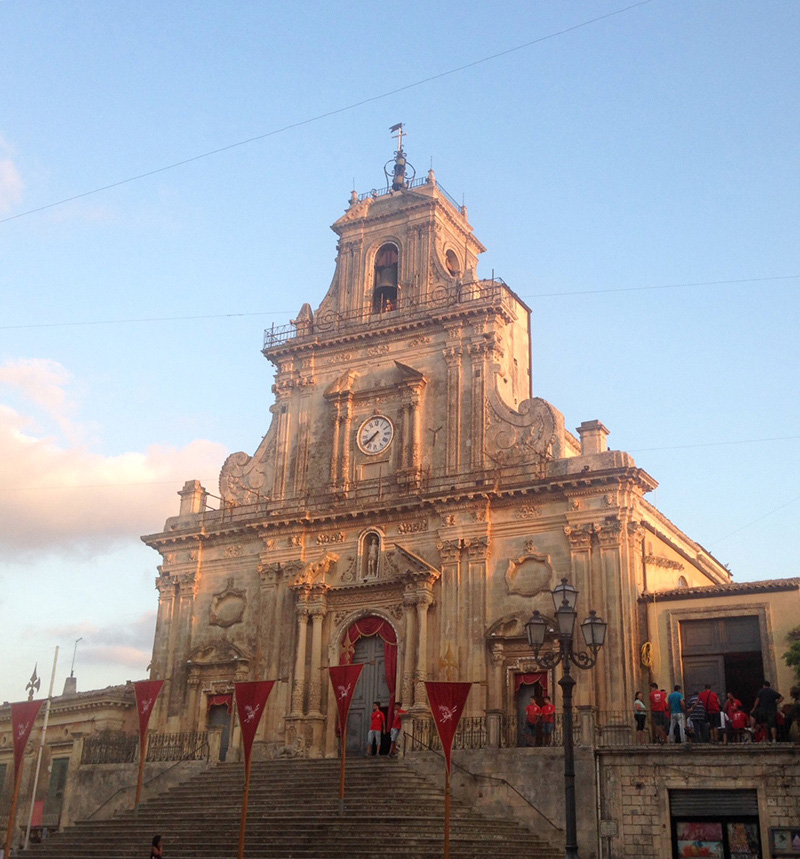
We agonize over breakfast choices in the towering Ferry Building food market, then walk the piers eating flaky empanadas. But it’s cold and too windy, February, so we turn inland toward North Beach. Our cousin, a local, will meet us there for lunch. He’s suggested a tour of the neighborhood’s old Beat Generation haunts.
My twin sister and I are visiting San Francisco, ostensibly to see a concert but also just to see each other, since a year ago she moved away to the suburbs of Philadelphia. For the few short days we’re here, the West Coast experiences torrential rain. LA is flooding and the Bay Area is even drizzlier than usual. Becky and I are strategic—Saturday is going to be the driest day, and we want to see everything.










